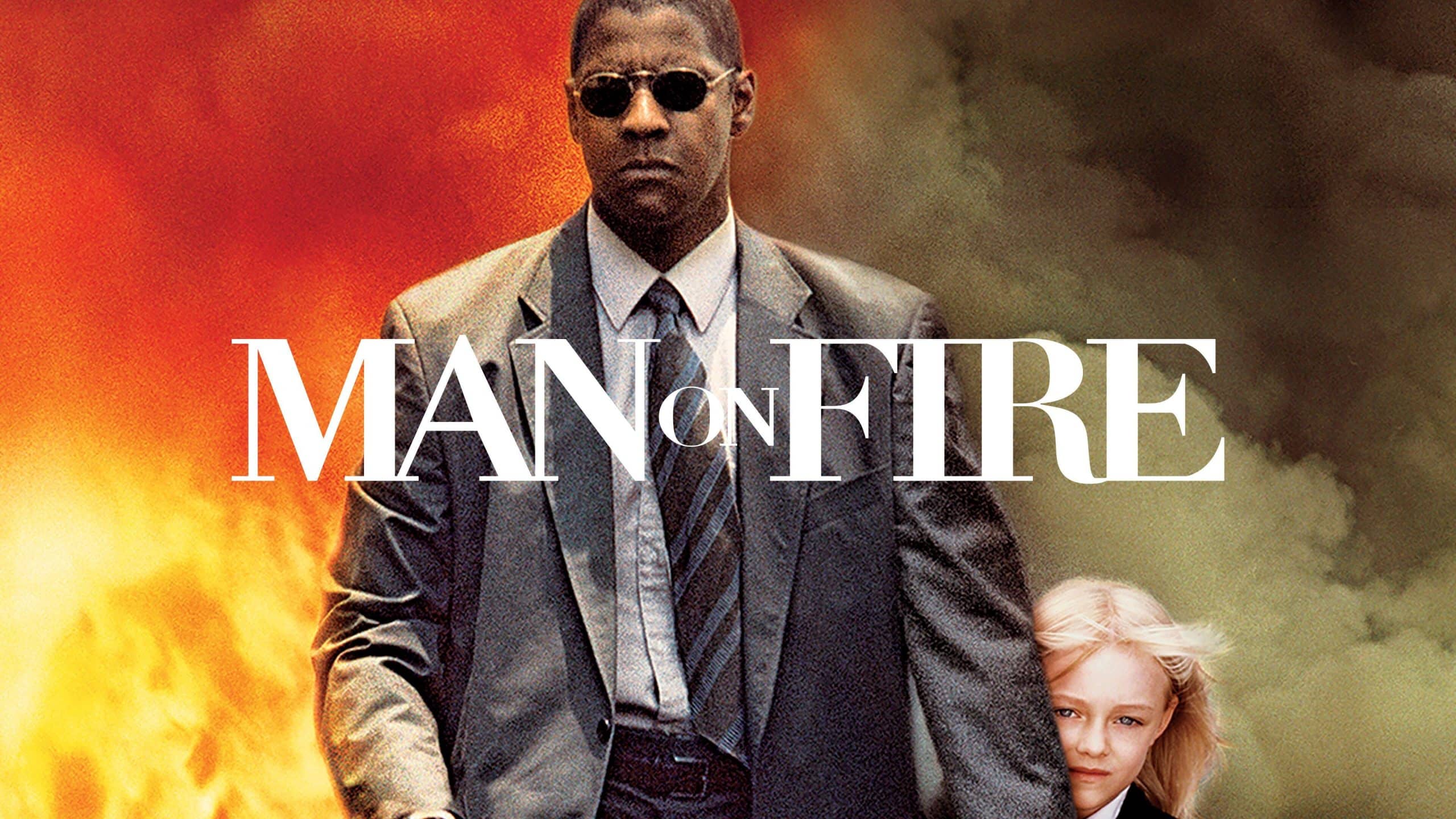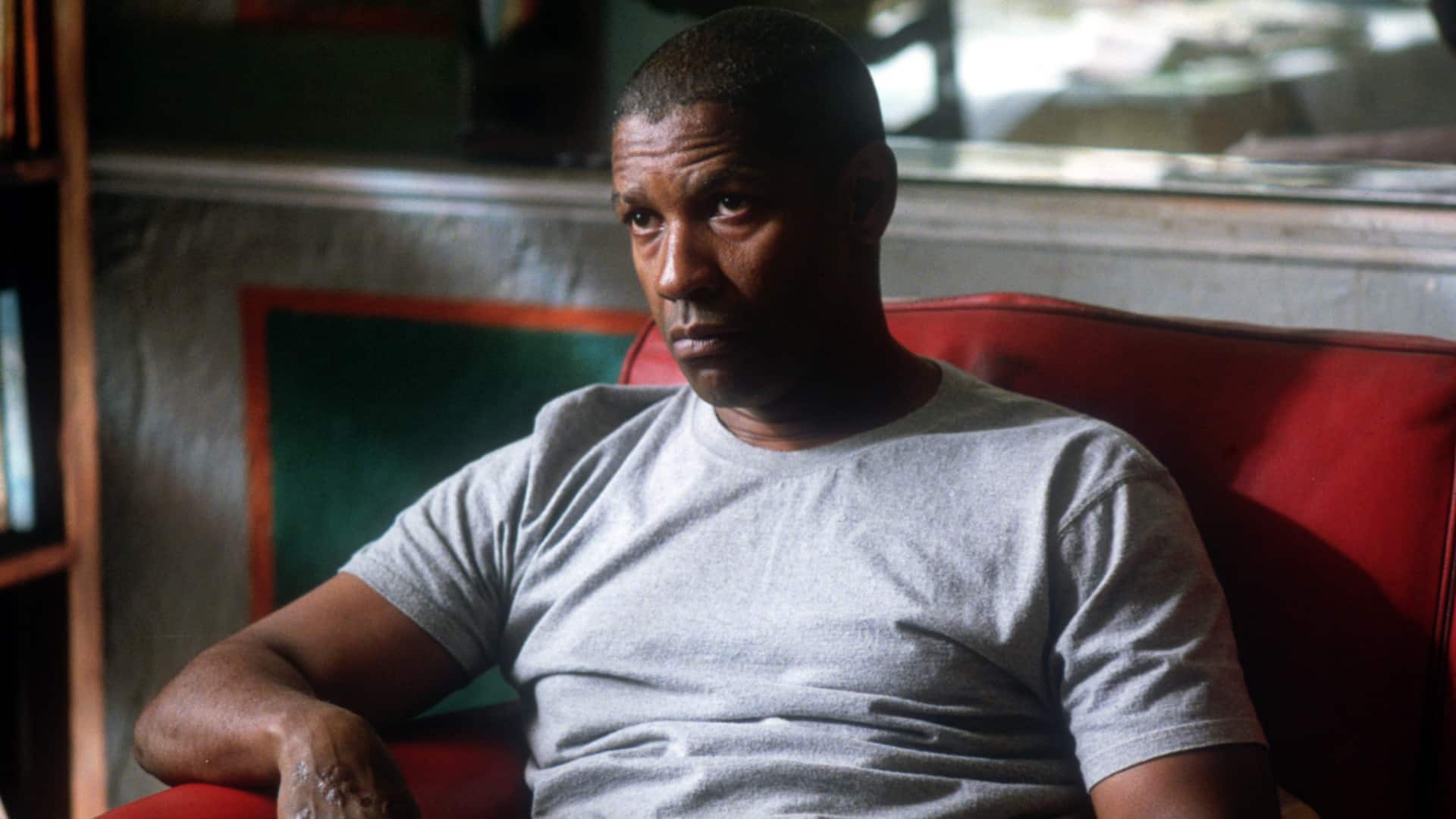Is Man On Fire A True Story? Unmasking The Facts Behind The Film
**Table of Contents** * [Unmasking the Core Question: Is Man on Fire a True Story?](#unmasking-the-core-question-is-man-on-fire-a-true-story) * [The Literary Roots: Man on Fire as a Novel](#the-literary-roots-man-on-fire-as-a-novel) * [Philip Nicholson: The Author Behind the Pseudonym](#philip-nicholson-the-author-behind-the-pseudonym) * [The Novel's Publication and Adaptation](#the-novels-publication-and-adaptation) * [John Creasy: A Fictional Character](#john-creasy-a-fictional-character) * [Creasy's Backstory and Mental State](#creasys-backstory-and-mental-state) * [Denzel Washington's Portrayal](#denzel-washingtons-portrayal) * [Real-World Influences on the Film](#real-world-influences-on-the-film) * [Kidnapping Crisis in Mexico City](#kidnapping-crisis-in-mexico-city) * [Tony Scott's Vision and Research](#tony-scotts-vision-and-research) * [The Power of Fiction: Why the "True Story" Question Persists](#the-power-of-fiction-why-the-true-story-question-persists) * [The Enduring Legacy of Man on Fire](#the-enduring-legacy-of-man-on-fire) * [Conclusion: The Truth Behind the Fire](#conclusion-the-truth-behind-the-fire)
Unmasking the Core Question: Is Man on Fire a True Story?
Let's address the most pressing question right away: **No, ‘Man on Fire’ is not based on a true story.** This is a definitive answer that might surprise many who felt the film's narrative was ripped from the headlines. The movie is fictional, and its events are not based on a true story. This clarity is crucial for understanding the film's origins and appreciating it as a work of creative adaptation rather than a historical account. The widespread belief that *Man on Fire* might be a true story stems from several factors. Firstly, the film's gritty, realistic cinematography and intense performances lend it an air of authenticity. Secondly, the backdrop of Mexico City's very real problem with kidnappings during the early 2000s adds a layer of verisimilitude that makes the fictional events feel plausible. However, despite these elements, the core narrative and its characters are products of imagination, not historical record.The Literary Roots: Man on Fire as a Novel
The 2004 movie *Man on Fire* was actually based on a novel by the same name, which was published in 1980. This is a critical piece of information when discussing the "true story" aspect of the film. The movie is based on a 1980 thriller novel by the English novelist Philip Nicholson. This means the story existed in print long before it ever graced the silver screen, undergoing a significant adaptation process.Philip Nicholson: The Author Behind the Pseudonym
The book ‘Man on Fire’ was published under his pseudonym, A.J. Quinnell. Philip Nicholson, writing as A.J. Quinnell, crafted the original narrative that would eventually become the foundation for two film adaptations. The first adaptation was in 1987, starring Scott Glenn, but it is the 2004 version with Denzel Washington that truly cemented the story's place in popular culture. Understanding that the story originated from a novelist's mind, rather than a journalist's report, helps to firmly establish its fictional nature. Nicholson was known for his thriller novels, often featuring characters with military backgrounds, which aligns perfectly with the protagonist of *Man on Fire*.The Novel's Publication and Adaptation
Published in 1980, the novel provided a compelling blueprint for a cinematic thriller. It was adapted for the screen by Brian Helgeland, who is renowned for his work on other acclaimed films. Helgeland's screenplay for the 2004 film significantly updated the setting from Italy in the original novel to Mexico City, reflecting contemporary geopolitical concerns and giving the story a fresh, relevant context. This adaptation process, while maintaining the core emotional beats and character arcs, demonstrates how a fictional story can be reinterpreted to resonate with a new audience and a different era. The shift in setting was crucial in grounding the narrative in a perceived reality, further blurring the lines for viewers who might then ask, "Is *Man on Fire* a true story?"John Creasy: A Fictional Character
One of the most compelling aspects of *Man on Fire* is its protagonist, John Creasy, portrayed with raw intensity by Denzel Washington. John Creasy (Denzel Washington), the protagonist of Tony Scott's *Man on Fire*, is not based on a real person. This is a crucial point in debunking the "true story" myth. Creasy is a composite character, embodying the archetype of a troubled former operative seeking redemption, a common trope in thriller fiction.Creasy's Backstory and Mental State
In the film, Creasy's backstory is revealed to be that of a former Force Recon Marine and CIA SAD/SOG officer. In 2003, former Force Recon Marine and CIA SAD/SOG officer John Creasy travels to Mexico to visit his old friend Paul Rayburn, who convinces him to take a bodyguard position with Samuel. This detailed background, while lending credibility to his skills and hardened demeanor, is entirely fictional. The film also delves into Creasy's profound internal struggles, particularly his battle with alcoholism and suicidal ideation. In *Man on Fire*, John nearly committed suicide, but his gun misfired. This poignant moment highlights his despair and the depths of his personal crisis before he finds a new purpose in protecting Pita. The narrative even suggests that Creasy contemplated shooting a 9mm bullet through his head, thinking his suffering would end. These intensely personal and psychological elements, while deeply affecting, are crafted for dramatic effect and are not drawn from a real individual's life.Denzel Washington's Portrayal
Denzel Washington's powerful performance as John Creasy is undoubtedly a major reason why many viewers connect so strongly with the character and, by extension, feel the story might be real. Washington and Scott have a long history of collaborating on films, and their synergy often brings a heightened sense of realism to their projects. Washington's ability to convey Creasy's internal turmoil, his quiet despair, and his eventual fiery determination makes the character incredibly believable, even though he is a work of fiction. His portrayal adds a layer of gravitas that makes the audience invest deeply in Creasy's journey, making the question, "Is *Man on Fire* a true story?" even more persistent.Real-World Influences on the Film
While *Man on Fire* is not a true story, the director, Tony Scott, stated that the film was influenced by a series of kidnappings that were rampant in Mexico City at the time. This distinction is vital: the *events* and *characters* are fictional, but the *social backdrop* that informed the film's atmosphere and urgency was very much real.Kidnapping Crisis in Mexico City
Delving into the narrative set against the backdrop of Mexico City, “Man on Fire” centers around the life of Creasy amidst a city grappling with a severe kidnapping epidemic. In the early 2000s, Mexico City faced a significant crisis of express kidnappings, where individuals were abducted for short periods, often for ATM withdrawals, or for larger ransoms. This pervasive fear and insecurity created a fertile ground for a story like *Man on Fire* to resonate deeply with audiences, particularly those familiar with the situation. The film effectively captured the palpable tension and the constant threat that loomed over affluent families in the city, making the fictional plight of the character feel incredibly authentic. This real-world issue provided a powerful, albeit tragic, canvas for the fictional drama to unfold.Tony Scott's Vision and Research
Tony Scott, known for his distinctive visual style and fast-paced narratives, was meticulous in his research to ensure the film felt authentic, even if the story itself was fictional. He immersed himself in the realities of Mexico City's crime landscape, consulting with experts and absorbing the atmosphere. This commitment to realism in presentation, combined with Brian Helgeland's compelling adaptation of A.J. Quinnell's novel, created a film that felt undeniably grounded. Scott's directorial choices, from the frenetic editing to the use of desaturated colors, amplified the sense of a world under siege, further convincing viewers that they might be watching a depiction of actual events. This dedication to portraying a believable world, even for a fictional narrative, is a hallmark of great filmmaking and explains why the question, "Is *Man on Fire* a true story?" continues to be asked.The Power of Fiction: Why the "True Story" Question Persists
The persistent inquiry into whether *Man on Fire* is a true story speaks volumes about the power of compelling storytelling. When a film manages to evoke such strong emotions and portray a scenario with such raw intensity, the audience's natural inclination is to seek its origins in reality. The themes explored in the film—redemption, justice, the bond between an unlikely pair, and the fight against systemic corruption—are universal and resonate deeply with human experience. Moreover, the film's focus on the dark underbelly of a real city, combined with the plausible depiction of a former special operative, makes the fictional narrative feel incredibly tangible. People often conflate realism in filmmaking with factual accuracy. *Man on Fire* excels at creating a realistic *feeling*, even if the specific events and characters are invented. This is a testament to the collaborative genius of the author, screenwriter, director, and actors who crafted a narrative so immersive that it transcends its fictional boundaries in the minds of many viewers. The desire for *Man on Fire* to be a true story perhaps stems from a human need to believe in such profound acts of courage and sacrifice, even if they only exist on screen.The Enduring Legacy of Man on Fire
Beyond the question of its factual basis, *Man on Fire* has secured its place as a modern classic in the action-thriller genre. Its impact is multifaceted, influencing subsequent films and leaving an indelible mark on popular culture. The film's stylistic choices, particularly Tony Scott's kinetic direction and the use of unconventional camera techniques, became highly influential. It also solidified Denzel Washington's status as a leading action star capable of delivering nuanced, emotionally charged performances. The film's exploration of themes like the moral ambiguities of vengeance, the protective instinct, and the search for meaning in a broken world continues to resonate. It serves as a powerful reminder of the vulnerability of individuals in the face of organized crime and the lengths to which people might go to protect those they care about. Even without being a true story, the film's emotional truth and its unflinching portrayal of violence and redemption have given it a lasting legacy that extends far beyond its initial release. Discover the 'Man on Fire' true story, or rather, the powerful fictional narrative that feels so real.Conclusion: The Truth Behind the Fire
In conclusion, while *Man on Fire* burns brightly with raw emotion and a compelling narrative, it is important to reiterate that it is **not a true story**. It is based on the 1980 novel of the same name written by A.J. Quinnell (Philip Nicholson), skillfully adapted by Brian Helgeland and brought to life by director Tony Scott and the formidable Denzel Washington. The protagonist, John Creasy, is a fictional character, and his harrowing journey, while deeply affecting, is a product of creative imagination. However, the film’s powerful impact and the lingering question of "Is *Man on Fire* a true story?" are testaments to its exceptional storytelling and the director's decision to ground the fictional plot in the very real and tragic context of Mexico City's kidnapping crisis. This blend of compelling fiction with a realistic backdrop is what makes *Man on Fire* such an unforgettable cinematic experience. We hope this article has helped to unmask “Was *Man on Fire* based on a true story?” and provided clarity on its origins. What are your thoughts on the film's powerful narrative? Did you initially believe it was a true story? Share your perspectives in the comments below, and feel free to share this article with fellow film enthusiasts!
Man On Fire — True Story

Man On Fire True Story

Man On Fire — True Story